Des expériences menées outre-Manche nous apprennent que les goélands argentés peuvent copier les humains lorsqu’il s’agit de se nourrir.
Research and publish the best content.
Get Started for FREE
Sign up with Facebook Sign up with X
I don't have a Facebook or a X account
Already have an account: Login
Revue de presse et du net par le Pôle de partage des connaissances S&T de l'Office français de la biodiversité
Curated by
DocBiodiv
 Your new post is loading... Your new post is loading...
 Your new post is loading... Your new post is loading...
|
|




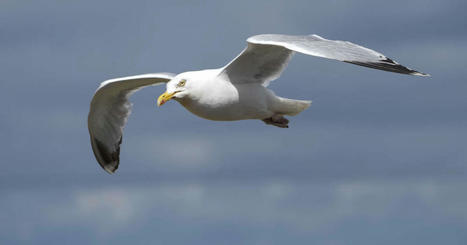

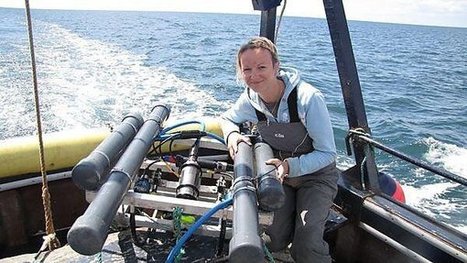
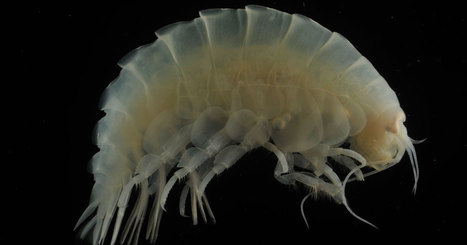
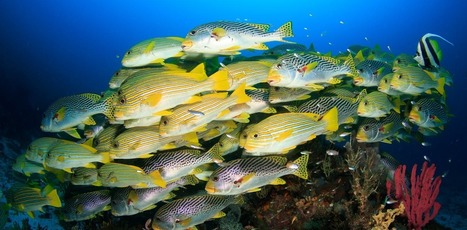
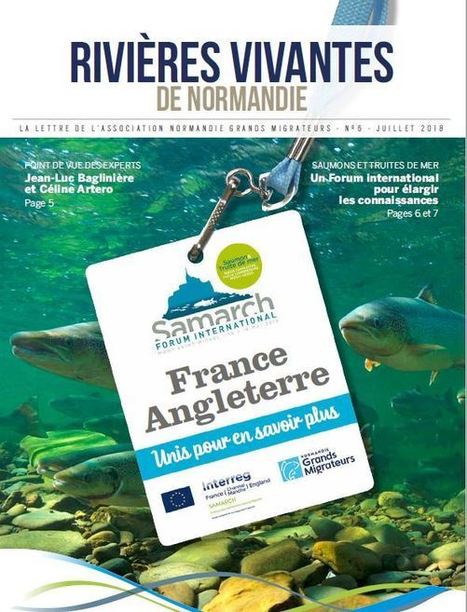





Feist Franziska,Smith Kiera andGraham Paul 2023 Inter-species stimulus enhancement: herring gulls (Larus argentatus) mimic human food choice during foragingBiol. Lett. 192023003520230035 http://doi.org/10.1098/rsbl.2023.0035